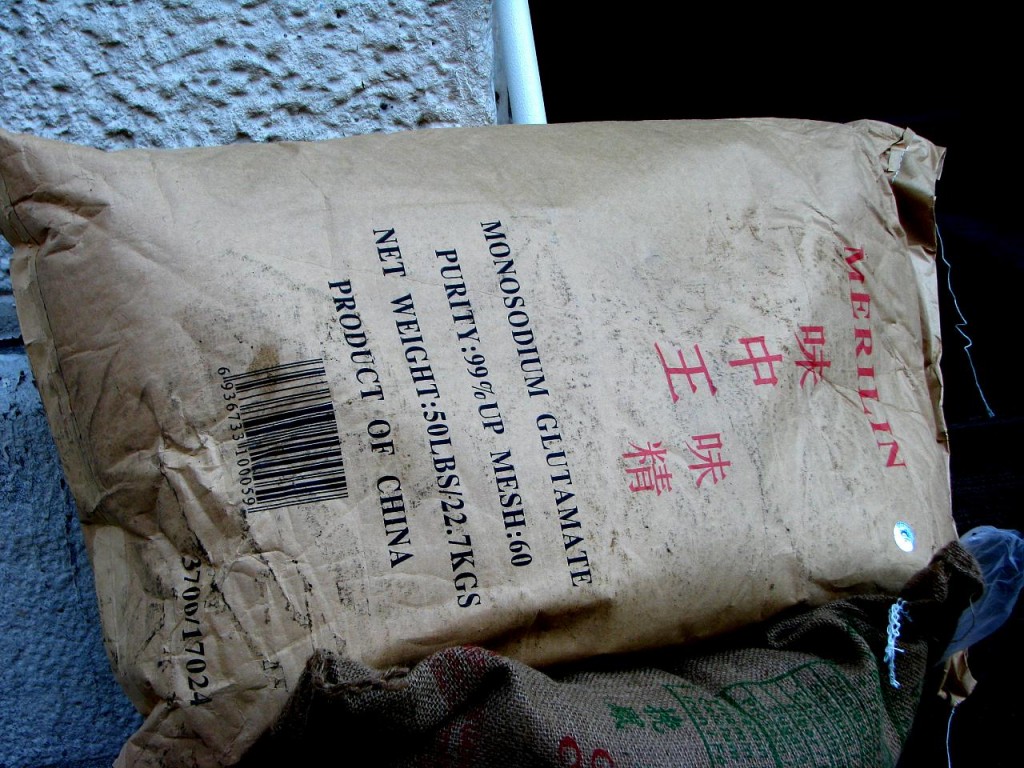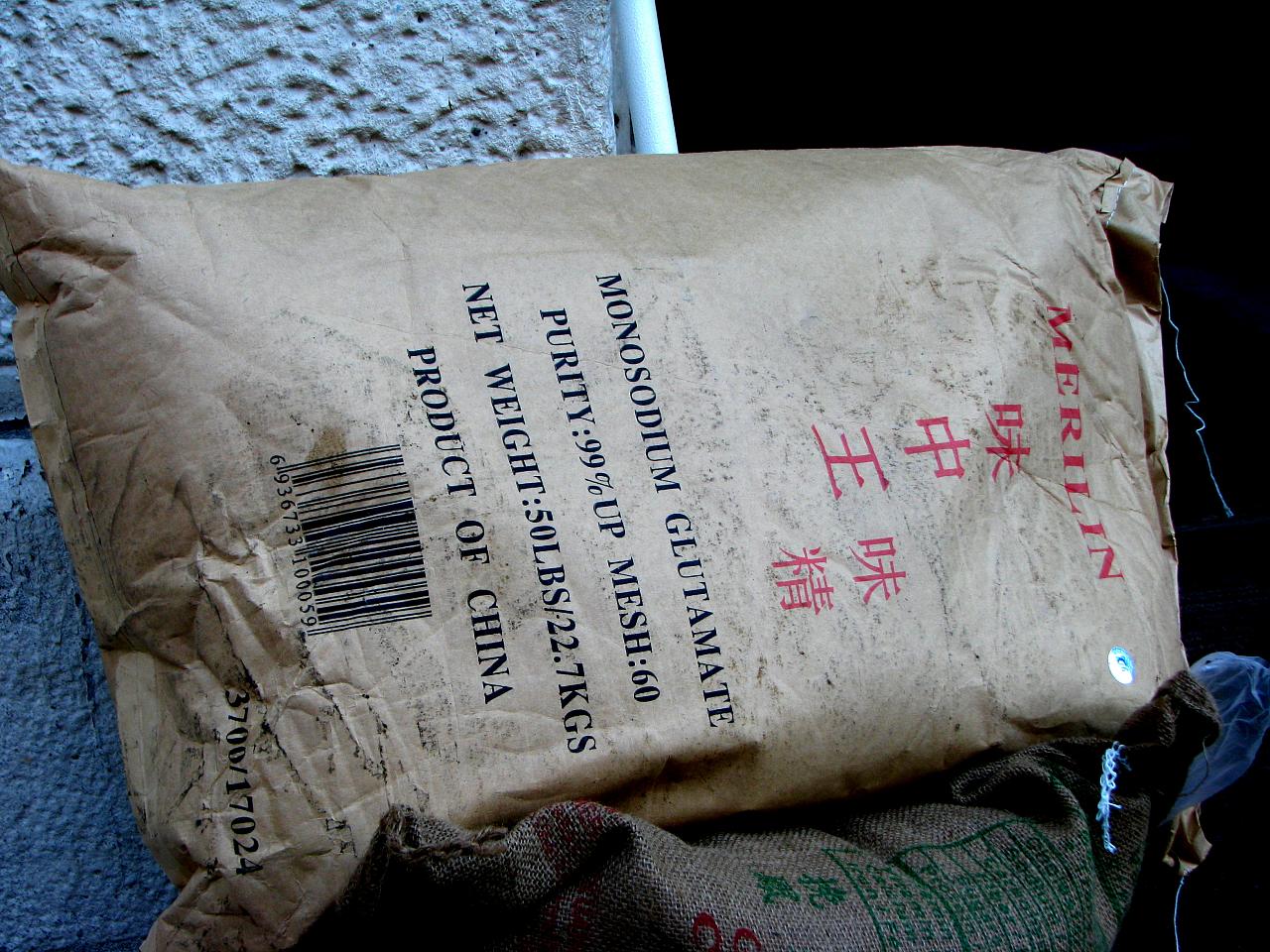By Taylor Breckles (Contributor) – Email
Print Edition: January 22, 2014

Chinese food lovers rejoice! Monosodium glutamate (MSG), the infamous ingredient in Asian cuisine, may not be as unhealthy as we initially presumed.
MSG is typically used in order to obtain the savoury taste known as umami. Gathered through a fermentation process, MSG is the secret ingredient that’s not quite a secret, seeing as it has been used in Asian cooking for centuries because of its flavour enhancement. Yet this umami supplier has been scaring Americans away.
“I can make some stupid fucking hipster dish with Dorito powder and serve it on roasted corn with fucking lime juice and people would eat the shit out of it,” says Chef David Chang on Eater, “If I say, ‘that’s got MSG in it,’ no one’s going to say, ‘well, that sounds delicious.’”
Chang has a point. Americans — and Canadians — eat unhealthy food every day. Look at fast food chains and think about what kinds of chemicals go into that food; think about processed foods, frozen meals, and meat on steroids. Yet we have no qualms about eating all those products.
Furthermore, glutamic acid (found in MSG) is essential to our survival as humans. We need that compound in order to survive: it’s essential to cell metabolism and is an important neurotransmitter in our brains. Yet it’s viewed as a non-essential amino acid. Why? Our bodies produce enough of it to survive without the necessity of outside intake. Even so, if our bodies need it in order to survive, it can’t be that bad for us, can it?
If scientists from prestigious universities, microbiologists from Harvard for example, can agree that MSG doesn’t harm the body in any way, why can’t the public agree as well? Maybe it’s because the average Joe doesn’t know about the natural occurrence of MSG in our bodies. Maybe it’s because they don’t know that we eat natural MSG every day as it is present in many foods. Either way, its negative reputation has stuck. Maybe they tend to view its captivating taste as an addiction.
There is some explanation as to why humans tend to crave umami. Glutamic acid has a significant presence in breast milk, therefore as infants we’re exposed to the taste of umami as soon as we escape the womb. As children, we are generally taught to trust mommy and do, eat, act, and say whatever mommy deems “good” — if mommy has been giving us this substance since birth, who’s to say we should stop eating it now?
Several common eateries and even some high-end restaurants have started openly using MSG in their food. As the origins of MSG are explored and the natural occurrence of this substance in our world is revealed, MSG will stop being one of the foods to fear.
Regardless of how long it takes for that fear to subside, MSG will be making its way into the public without disgust or shame once again. In the food world, slow and steady wins the race.


